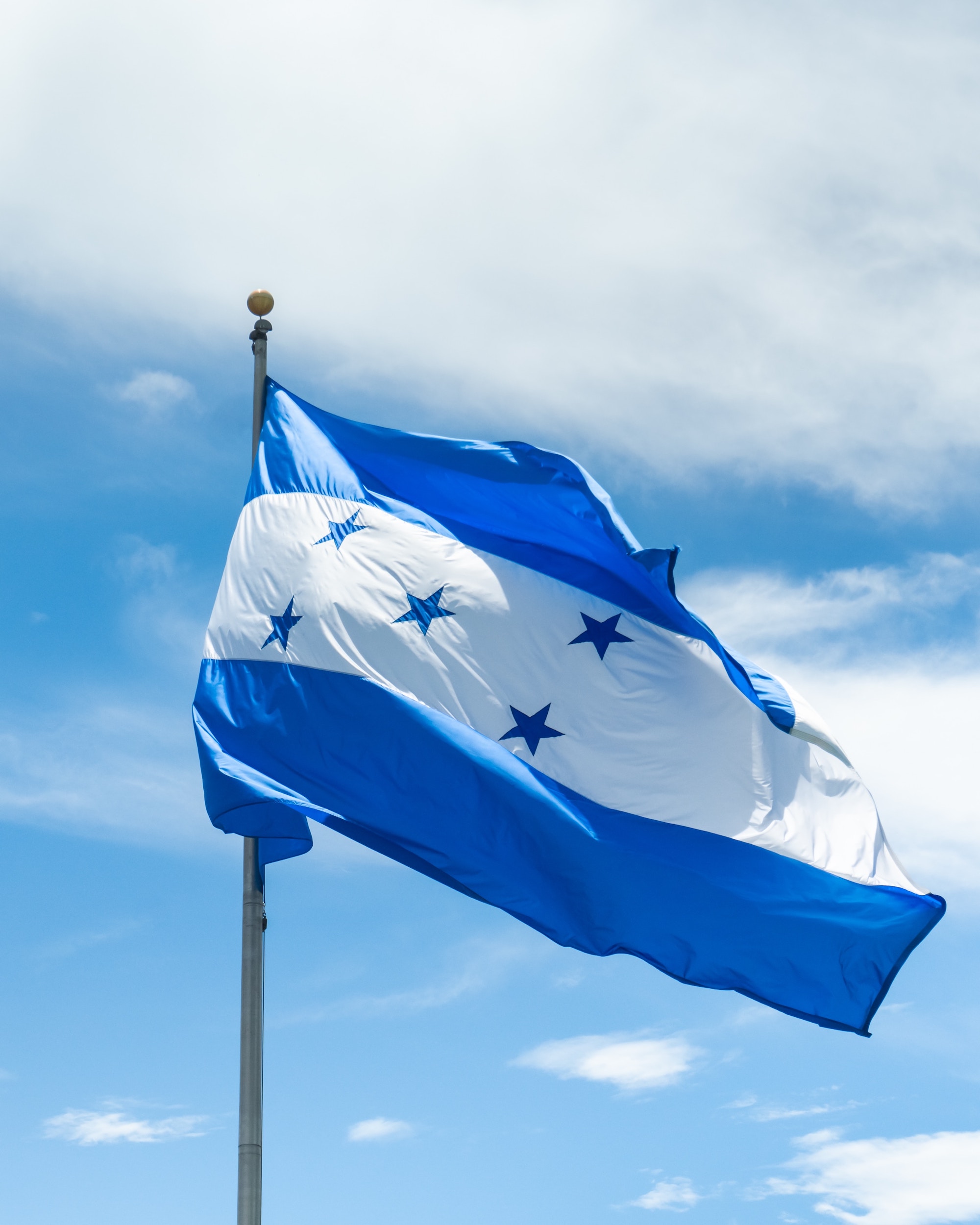The politics of global governance: How do small developing countries navigate their way through?
Small developing countries like Honduras face unique challenges when operating within global governance structures. Marcela Arias (MPP 2021) explores the opportunities multilateralism offers smaller states to build their nations and take an active role in global governance.

Honduras is a Central American country with persistent and concerning levels of poverty and inequality rooted in historical issues such as land distribution and wealth concentration. Structural corruption and organised crime have severely impacted the country’s performance in guaranteeing fundamental rights to its people. In this context, engagement with the international community in all its dimensions is a key element to address the challenges the country faces. However, these interactions must be held on the grounds of the long-standing foundational principles of public international law such as equity, sovereignty, mutual respect, and non-intervention.
Small developing states like Honduras face unique challenges in order ‘to exist’ within global governance structures due to asymmetric power dynamics amongst states and the influence of corporate power on the global stage, where more than 560 multilateral treaties exist on a wide range of issues such as human rights, disarmament, environment, and trade.
To navigate these structures, small developing states commonly adopt strategies such as aligning with larger national powers voluntarily or under pressure, working with neighboring states to balance, contain, or address larger power initiatives; working collaboratively with countries within the same region to achieve regional objectives, or joining strategies with those countries that face similar issues. There is no intention in qualifying either strategy as better than the other; each state has the sovereign right to choose the path that serves its national interests best.
Honduras’ leftist government, which assumed power in 2021, is pursuing foreign policies through the lens of an assessment of the successful or harmful outcomes of the country’s historical relationships with large national powers, international financial institutions, multilateral development banks, businesses, the UN, and other international organisations. This process aims to uphold the country’s sovereignty and protect its national interests and does not imply isolation from the international community; rather, it reinforces Honduras’ active participation in international affairs.
Nation-building versus state-building
In the context of the growing tendency of China’s cooperation in Central America, there has been a growing engagement with China, with the opening of diplomatic relations and the signature of promising bilateral agreements. Ties with the European Union have been strengthened through new bilateral political agreements and an agreement was signed with the UN Secretary General to initiate the operations of an international court against corruption and impunity. Honduras formalized the adherence of Honduras to the Andean Development Corporation (CAF) and recently requested to join the New Development Bank (NDB). Negotiations with the International Monetary Fund will reconvene in October after not being able to reach an agreement given differences on currency trading and loan management or monetary financing. Bilateral relations with the U.S. have been addressed cautiously and at times, duly respect of the country’s sovereignty has been voiced.
This is all part of a nation-building process, which is as important as the state-building process. Traditionally, the international community has used soft power formulas to enforce standards that disregard local realities and power structures, international community efforts that fail to address and acknowledge domestic capacities, knowledge and traditions are in danger of reproducing colonialist and interventionist schemes.
The effects of climate change, restrictive migration policies and the negative impact on basic human rights such as access to food and health caused by transnational corporations are only some of the key areas in which the experiences of small developing states are fundamental to understanding the current and serious weaknesses of the international order. The actions of smaller developing states to combat these issues should be supported and accompanied by effective measures by the international community to remove obstacles that might hinder domestic efforts in addressing the disproportionate effects that crisis such as climate change, migration and food insecurity has on small developing states.
Opportunities from multilateralism
Multilateralism is an opportunity for small developing states to build their nations and revitalise global governance on the grounds of multipolarity, democracy, and the reinforcement of the foundational principles of international law. By building on their own capacities, knowledge and traditions, states can actively address global challenges and play a crucial role in shaping the international order.

